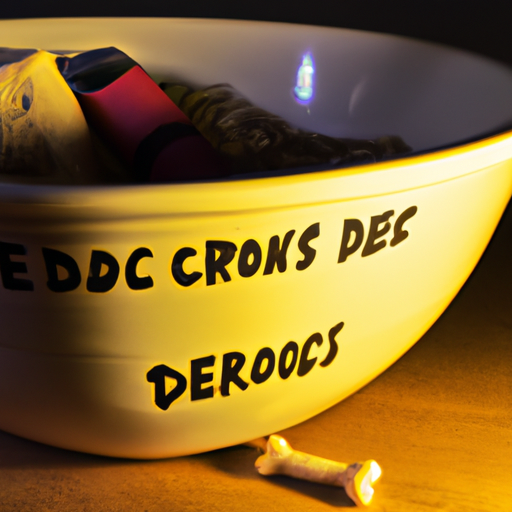As a caregiver to your beloved canine companion, you’re not just responsible for their fun and frolics, but for their health and nutrition too. You might be asking yourself “what dog food is killing dogs?” This article will provide you with the necessary knowledge.
H2: The Dark Side of Commercial Dog Foods
Commercial dog foods, while seemingly convenient, can sometimes contain ingredients that are harmful to dogs.
- Certain brands have been linked to heart disease due to the inclusion of
grains and legumes. - Some dog foods contain
meat by-products, which are essentially the leftovers of the meat industry. These can include diseased tissues and organs. Artificial colors and preservativescan cause allergies in some dogs.
Be sure to research and scrutinize the ingredients in your dog’s food before making a purchase.
H2: The Impact of a Poor Diet
An unbalanced or poor quality diet can lead to a variety of health problems in dogs:
- Obesity
- Dental problems
- Kidney disease
- Heart disease
- Bone and joint problems
A healthy diet is key to a long, happy life for your pup.
H2: What To Look for in Dog Food
When choosing a dog food, you should look for certain indicators of quality:
| Indicators | Description |
|---|---|
| Real meat | Real meat should be the first ingredient, not a by-product. |
| Natural preservatives | Look for foods preserved with Vitamin E and Vitamin C. |
| No fillers | Foods should not contain unnecessary fillers like corn and wheat. |
H2: The Benefits of Homemade Dog Food
Making your own dog food at home allows you to control what goes into your dog’s diet. Here are some benefits:
- You can ensure the use of high-quality, whole ingredients.
- You can eliminate preservatives, fillers, and allergens.
- You can cater to your dog’s specific dietary needs and preferences.
H2: The Role of Veterinarians and Nutritionists
Consulting with a veterinarian or a certified pet nutritionist can be beneficial in understanding the specific nutritional needs of your dog. They can provide guidance on both commercial and homemade diets.
FAQs
Q: Can all dogs eat the same type of food?
A: No, nutritional needs can vary based on a dog’s age, breed, size, and health status.
Q: How often should I feed my dog?
A: Most dogs should be fed twice a day, but your vet can provide a specific recommendation.
Q: Is it safe to feed my dog a vegan diet?
A: Dogs can survive on a plant-based diet, but they need specific nutrients that are mostly found in meat. Always consult a vet before making such a significant change to your dog’s diet.
Q: How to transition my dog to a new diet?
A: Transition slowly, starting with a mix of old and new food, gradually increasing the new food over a week or two.
Remember, your dog’s health and wellbeing is in your hands. Make informed choices, and your furry friend will thank you for it.



